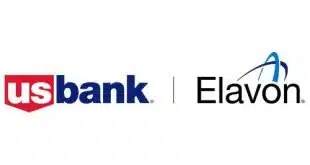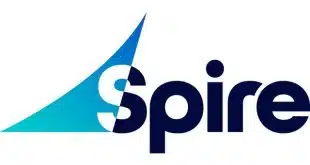The regulatory climate for financial services is warming up, and even companies that have largely escaped notice are feeling the heat.
Regulators at the state and federal levels are taking a new look at everything from transaction routing to the ways companies market themselves. While it may look like they are dipping into regulatory arcana, recent enforcement actions and proposed rule changes could change the financial-services landscape.
The business model for financial-services companies focused on deposits and payments could face pressure as interchange threatens to become a hot topic. Late last year, a letter from The Clearing House, a trade association and payments company owned by some of the largest banks in the United States, asked the Federal Reserve to issue a new Frequently Asked Questions to clarify when a fintech or other third party is eligible for the small-issuer exemption to the Durbin Amendment interchange caps.
That seems to have presaged a wave of interest in the provisions of the Durbin Amendment. On May 7, the Federal Reserve Board proposed changes to Regulation II (Debit Card Interchange Fees and Routing) to require debit card issuers to allow merchants to choose from at least two unaffiliated networks for card-not-present debit card transactions. The Board said it felt the need to issue the rule because it had heard that online merchants were not getting a choice in transaction routing.
This may seem like a technical topic, but the costs of standing up a second network, and the potential reduction in interchange from competing networks, could eat into card issuers’ balance sheets.
Additionally, retailers continue to look for ways to lower their payment costs, and they are turning to the courts. On April 29, the North Dakota Retail Association and North Dakota Petroleum Marketers Association filed a lawsuit in United States District Court against the Federal Reserve Board saying that the Board has not made sure that debit card processing fees are capped properly. In a local news report, Mike Rud, president of the North Dakota Petroleum Marketers Association, said the association would like to see debit card transaction fees go from 21 cents down to 3 or 4 cents.
At the state level, fintechs, which have largely gone untouched by regulators, have started to face scrutiny. Perhaps the best example of this is that in March, Chime Financial Inc. entered into settlement agreements with the California Department of Financial Protection and Innovation and the Illinois Department of Financial and Professional Regulation–Division of Banking.
Both agencies came after Chime because it was marketing itself as a bank, when Chime’s accounts and cards are issued by the Bancorp. They independently found that Chime’s usage of the words “bank” and “banking” in certain aspects of its business violated their respective state laws, and Illinois fined Chime $200,000. The company has agreed to stop marketing itself as a bank and clearly disclose its relationship with Bancorp.
All these examples are signals of a shift in the regulatory climate. It will likely warm up further when a new director for the Consumer Financial Protection Bureau and a new Comptroller of the Currency are confirmed by the Senate.
The financial-services industry needs to prepare for the storms that could result from these changes. As The Clearing House letter shows, the industry is not exactly on the same page about where things should go.
To stave off the worst-case scenarios, companies need to find common ground on what makes for good regulation and demonstrate to regulators and legislators—who will be focused more on helping individual balance sheets than corporate ones—how their products help consumers.
—Ben Jackson, bjackson@ipa.org





